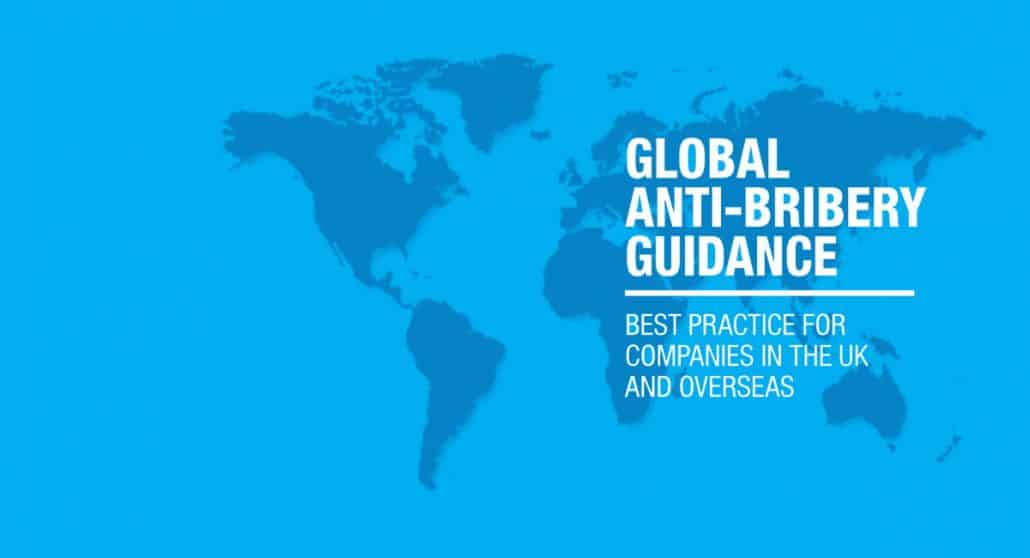Good governance. Tone from the top. Enabling environment. These are terms we often read about in relation to ethical business practices, but in practical terms, many businesses struggle or lag in developing and implementing these important policies.
Transparency International UK (TI UK) has launched a new online tool which provides up-to-date and in-depth guidance for companies in understanding and tackling bribery. The tool is aimed at businesses operating anywhere in the world. It expands and updates all of TI UK’s business integrity guidance over the last decade.
Drawing on expertise from over 120 leading compliance and legal practitioners, the guidance presents international good practice informed by the UK Bribery Act, US Foreign and Corrupt Practices Act, other national legislation, as well as the ISO37001 standard. It recognises both the global nature of modern business, and an emerging standard of anti-bribery procedures that extends beyond any single national requirement.
This free-to-use, 18 module guidance is the culmination of eight years of work by TI UK’s in-house experts working with businesses, government, investigators and regulators, reflecting the daily reality of corruption risk for businesses and the expectations of legislation and enforcement regimes. The new online portal updates TI UK’s guidance published after the 2010 UK Bribery Act, which is already a standard reference point for legal and compliance specialists across the world, having been downloaded over 100 000 times.
There is also a useful 239-page PDF which covers all 18 modules.
The 18 modules include risk assessment, due diligence, managing third parties, aligning incentives to behaviour, and a free e-learning course. In addition to straightforward bribery, the guidance covers other areas of corruption risk that companies increasingly need to be aware of, such as political engagement, as well as transparency in corporate reporting.
TI UK’s executive director Robert Barrington said: “This new TI guidance will serve as an important tool for businesses looking to navigate the complex field of anti-bribery compliance in the modern world. It should be saved in the bookmarks of every single compliance officer or in-house lawyer who is serious about the reputation of their organisation.”
The International Monetary Fund estimates the cost of bribery around the world to be around $1.5-trillion per year, with the poorest being hit the hardest. Rolls Royce was this year forced to pay £671-million in fines to regulators in the US, Brazil and UK, after admitting to paying bribes in multiple jurisdictions. This guidance will help companies avoid both the financial and reputational cost that follows from bribery.
“Bribery scandals have often led to significant financial impacts for companies as well as extensive damage to the corporate reputation. There has never been an excuse for engaging in corrupt activities, but with the release of this guidance, there can be no reason for a company to avoid having in place adequate procedures to prevent bribery,” said Barrington.
He added that bribery can have a devastating impact on ordinary people at home and abroad; and the impact of bribery is felt most strongly by the poorest in society. “A world without bribery creates a level playing field for business and enables free markets to operate effectively; but most importantly, a society without bribery is a fairer and more prosperous place, and we aim for this guidance to contribute towards that goal.”
This guidance is published by Transparency International UK, the UK chapter of the global Transparency International movement, with the support of FTI Consulting and DLA Piper. The guidance was authored by Peter Wilkinson.
Visit www.antibriberyguidance.org to view or download the guidance in full.

